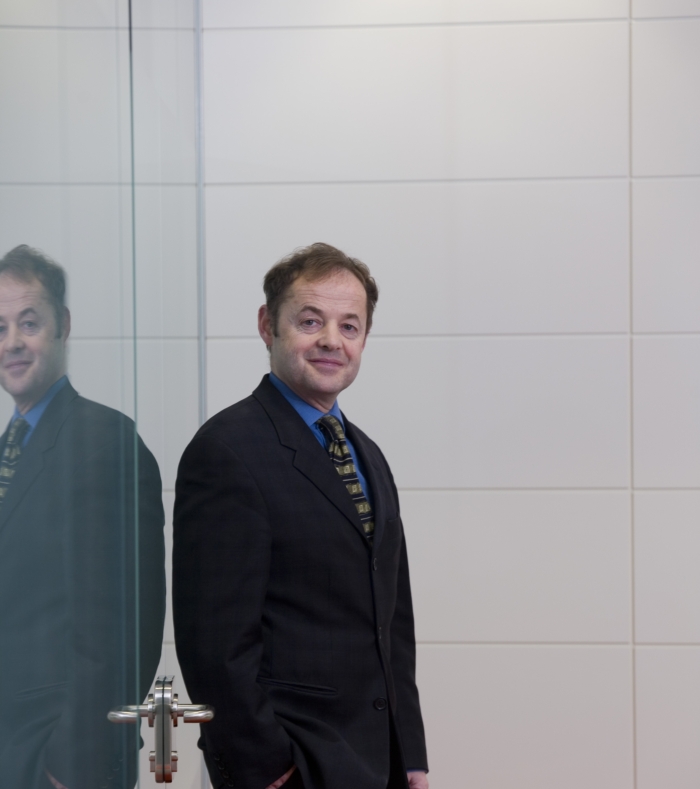A former bursar of a school, a case of VAT fraud across four south coast restaurants, and a scam dating website were amongst cases of reported fraud in Hampshire last year, according to BDO’s Fraud Track research.
The accountancy and business advisory firm’s analysis, which examines all reported fraud cases over £50,000, found that the total number of cases rose to a record 546 in 2014 – the highest in 12 years.
However, the total value of fraud UK-wide fell by 31% to £720m. The large drop in value indicates that 2014 was characterised by unsophisticated fraudulent activity that was low in value but high in volume.
Cases in the central south region included two men being jailed for carrying out a £600,000 VAT fraud at four restaurants in Southampton; and conmen who bombarded women on a dating website with messages of love to con them out of £220,000; and a former bursar of a Hampshire special school defrauding the school of more than £70,000.
Mike Mason, a director in fraud services at BDO LLP and also a Barrister, commented: “One of the reasons we are seeing falling values despite an increase in volume is due to a growing trend of high value complex fraud being dealt with outside the judicial system and out of the public eye. Companies are increasingly assessing the reputational cost of a public case to their business, with many preferring to deal with perpetrators through civil – not criminal -remedies.”
In terms of fraud per location, London and the South East continues to be the hotspot for reported fraud, accounting for 67% (£484m) of the UK’s total value.
The industries playing victim to the most amount of fraud are Public Administration and the Finance and Insurance sector, accounting for £253.9m and £235.7m respectively.
Tax related fraud is the most costly type of fraudulent activity and accounts for 33% of the £720m total. Money laundering comes in second (£235m), following by third party fraud (£101.8m). Greed and a lavish lifestyle are to blame for two thirds of all fraud, according to the Fraud Track analysis.




















